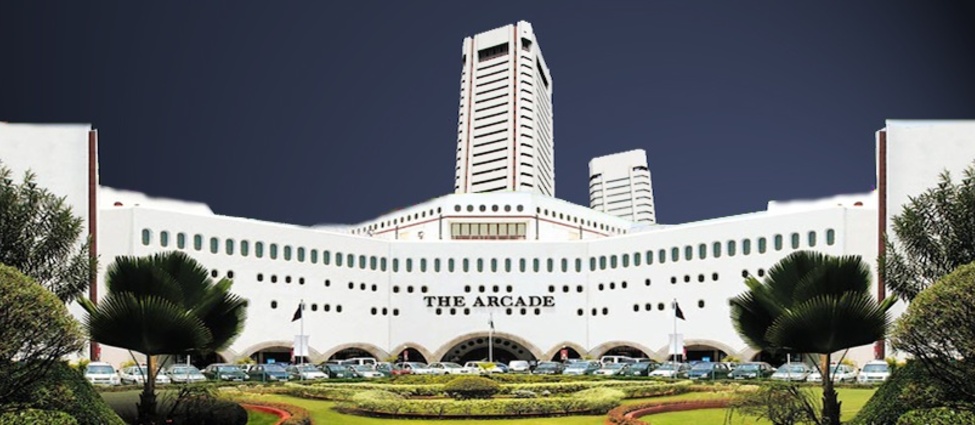

News
Smart Cities Event Emphasizes on Smart People

MUMBAI, INDIA - The Energy and Resources Institute (TERI) along with the World Trade Centre (WTC) Mumbai and All India Association of Industries (AIAI) organised the Mumbai regional dialogue, a run-up to the World Sustainable Development Summit 2016 that carries a theme – Beyond 2015: People, Planet and Progress on August 12, 2016. The event focused on the implications of climate change for coastal cities.
“Public awareness and community support in times of disasters are key to sustainability exercises”, said Mr. Jayant Banthia, former chief secretary of Maharashtra.
Mr G. S. Gill, distinguished TERI fellow and former Managing Director, City and Industrial Development Corporation of Maharashtra Ltd. (CIDCO) said, “Resilience of coastal cities lies in taming regional irregularities. Cities have truncated topography and are vulnerable to sudden climate changes.
With 600 million Indians slated to live in cities by 2031, urbanisation is the necessary evil that needs attention said Mr Dhar Chakrabarti, Distinguished Fellow, TERI said, “The 33 smart city proposals so far have been found to be high on infrastructure and technology and low on environmental sustainable plans, he added.
“The Public-Private Partnership is a good model to achieve some of the goals, provided we start on small projects and then scale them up”, asserted Mr Shishir Joshi, CEO, Mumbai First.
“Innovation is key and it is important that people understand urbanization issues and become policy drivers for change,” stated Mr Anand Krishnamurthy, Sales Director, GE Water & Process Technologies. Supporting him Mr Hemanshu Pathak, head, department of architecture, planning and engineering, Aamby Valley Ltd, stated that stakeholders of smart cities need to manage crucial infrastructure needs like water supply, sewerage, waste management etc as part of sustainable approach, for which guidelines have been framed.
“It is time we assess risks associated with climate changes to coastal cities, create awareness, develop capacities to deal with it at all levels, create plans accordingly and develop special teams to undertake variety of response functions like training, funds and equipment,” explained Ms Abha Mishra, Project Lead – climate risk management in urban areas, UNDP. On the other hand, Ms Raina Singh, Fellow, Centre for Research for Sustainable Urban Development, TERI said, “We need institutionalization of urban climate resilience planning, build capacity, create awareness and harness local expertise to generate context specific, locally-driven solutions”.
Ms Lubaina Rangwala, Managing Associate, climate resilience practice, sustainable cities, World Resource Institute (WRI) said, “Our Urban Community Resilience Assessment (UCRA) will help cities identify practical strategies to build resilience and capture citizens’ perception of risk, knowledge and skills that enhance resilience”.
Mr Vijay Kalantri, Vice Chairman, WTC Mumbai said, “We need projects which have specific time frame. Multi agencies in big cities often lead to blame game. I hope TERI will present a white paper on sustainable growth to the government.”
PHOTO (L-R): Mr. Vijay Kalantri, Mr G S Gill and Mr Jayant Banthia.
To learn more about WTC Mumbai, click on the source link below.